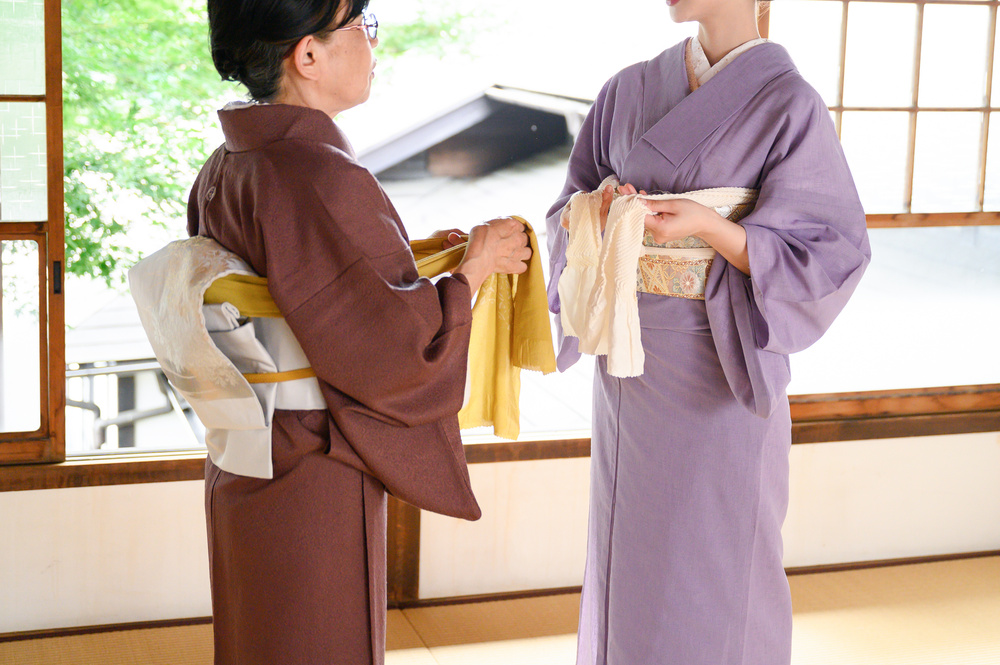
NEWS

Foreigners admire it! Introducing Japanese cultural activities that symbolize Japanese culture②
BLOG

Hello, everyone!
This time, I would like to share a slightly unusual topic with you.
For those of you who have come to Japan and noticed the differences in humour, or ‘comedy,’ which is also part of Japanese culture, this is a topic just for you!
Indeed, despite there being many occasions when you feel like making a joke, there do not seem to be any comedy programmes in Japan that make fun of politicians or neighbouring countries. In Europe, there’s a tradition of satire, which involves criticising authority figures in a humorous way, dating back at least to ancient Greece. Another foreign comedian seen on Japanese TV proposes an interesting hypothesis about why cultures differ in this way. While Western humour tends to be more critical, including ethnic jokes, Japanese humour is more positive and celebratory. The Japanese proverb, ‘Laughter brings good fortune,’ may be an expression of this.
In addition, he argues that humour based on personal experiences and interactions is common in high-context cultures such as Japan. In contrast, jokes are mainstream in low-context cultures, such as the United States. Context refers to the surrounding circumstances, and in high-context cultures such as Japan, where there is a high degree of shared understanding, it is said that members of the culture can understand each other without expressing everything in clear words.
However, there are several issues with this hypothesis. First, Japanese ‘tsukkomi’ humour can be described as humour that expresses things in clear words. Furthermore, many jokes depend on context, and it is precisely because of shared knowledge about neighbouring countries and politics that humour arises.
Previously, I have argued that the contrast between ‘uchi’ and ‘soto’ is effective in explaining the differences in the content of humour. In short, Japanese people tend to prefer humour about ‘uchi,’ such as their own failures or funny episodes involving their mothers, rather than jokes that mock “soto” people, such as those in authority. Japan may be a culture where the ‘virtue of modesty’ is valued even in humour.
In the end, language is a difficult thing. In this article, we have looked at how Japanese and Western humour differ due to structural, cultural, and historical reasons, but of course, understanding foreign humour requires a considerable amount of language proficiency. While it is possible to relatively quickly grasp the patterns of American puns and jokes based on ambiguity in wording, jokes that require knowledge of cultural nuances and local idioms often only become amusing after living in the region for several years.
What do you think?
I imagine many of you are finally beginning to understand.
I hope to occasionally share such unconventional topics in the future!
instagram
realestatejapan
PDF file









